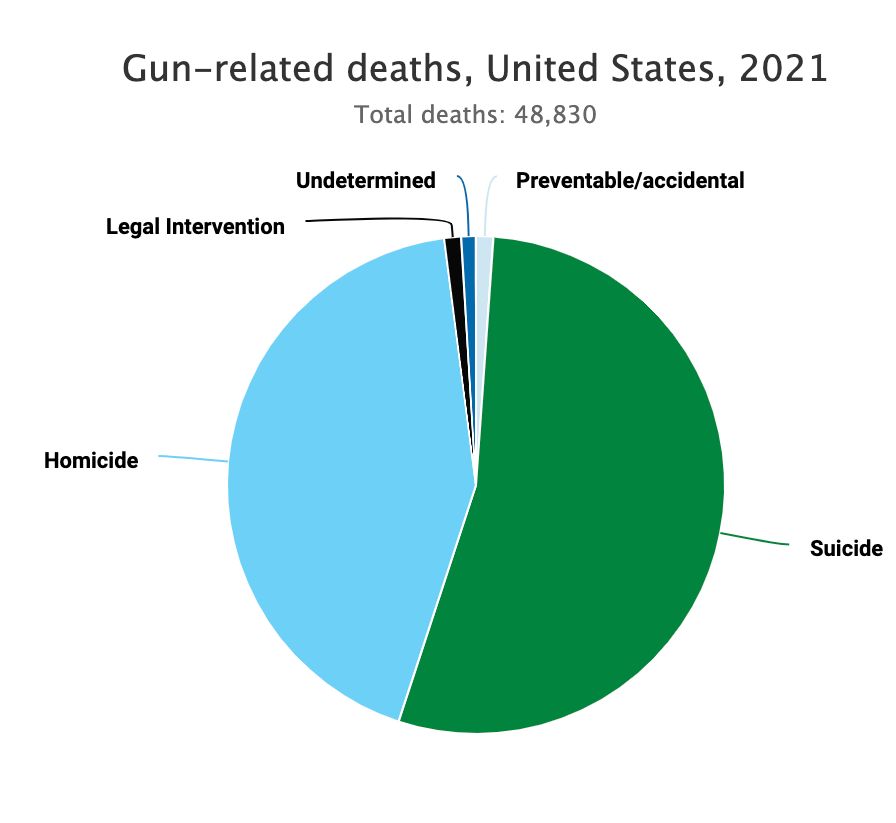RALEIGH, N.C. — After tragedies like the Hedingham mass shooting in Raleigh, people often turn to their faith for answers and healing.
Members of the North Carolina Council of Churches have over 6,200 congregations across 18 denominations. The organization’s executive director says the council has been and will continue to be engaged in gun violence prevention.
Rev. Jennifer Copeland doesn’t preach as often as she used to, but, as the executive director of the North Carolina Council of Churches, she still provides guidance to people.
“Eighty percent of people in North Carolina identify with a faith community, and something like 77% of those identify as Christians,” Copeland said. “It's important to me that the things that were said in the Old Testament prophets, where I'm looking right now, and Isaiah in the New Testament gospels come to be the thing we live by in the public square.”
People are reaching out to her about a specific concern.
“I often get emails and phone calls from people because they know that the North Carolina Council of Churches has been engaged in gun violence prevention for a number of years,” Copeland said.
It’s been six months since the mass shooting in the Raleigh Hedingham neighborhood. With gun violence making more and more headlines, she says it can be a polarizing and emotional topic, even a source of anxiety.
“Well, we try to tell the truth about the numbers, first of all, to sort of ground people and say, ‘wait just a minute, let's see where you're really in danger.’ Most of us are not in danger most of the time,” Copeland said.
Copeland says statistics from the CDC and National Center for Health Statistics reveal patterns.

“Suicide, of course, is the highest number of deaths that are caused by guns. Second is homicides. And then third, interestingly, is accidental deaths,” Copeland said.
She believes any group that is invested in the well-being of a community should feel responsible to change those statistics.
“People of faith have a duty to be in the public square advocating for the laws that will make our communities safer,” Copeland said.
But she believes reducing and preventing gun deaths ultimately falls on lawmakers.
“Always glad to tell people different things they can do, but at the end of the day, it will come down to the laws we have on the books,” Copeland said.
Most recently, the North Carolina Council of Churches voiced concern about changes in gun legislation.
The North Carolina General Assembly voted to override Gov. Roy Cooper’s veto on that legislation. Now, people do not need a permit from their county sheriff before buying a handgun in North Carolina. Also, concealed weapons can be carried on private school property when there are religious services being held and no students are on campus.



